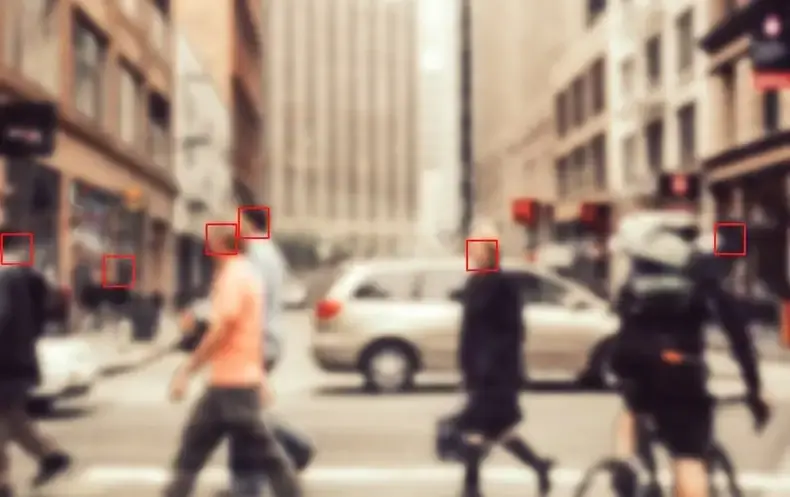I don’t know, I’m much more concerned about the possibility that we develop huge automation capabilities that end up being controlled by very few people.
As for the specific issues in the article - yes, they’re real problems. But every advance in communication and information technology makes it easier to surveil or defame, and can be used for bad policing.
Right now there’s a push to regulate the internet to “prevent CSAM” by blocking encryption, and I’m afraid a push to regulate AI will not get better results.
Sure, we can ban predictive policing and demands some amounts of transparency (and the EU already wants to do that). But if we try to go further and impose restrictions on the AI models themselves, this will most likely solidify that AI is controlled by few powerful corporations. After all, highly regulated models by definition can’t be free and open.
But every advance in communication and information technology makes it easier to surveil or defame, and can be used for bad policing.
So we should just give up and accept surveillance and defamation without trying to come up with any legal counter measures?
Right now there’s a push to regulate the internet to “prevent CSAM” by blocking encryption, and I’m afraid a push to regulate AI will not get better results.
Totally agree that KOSA and the like are awful, but the existence of shitty regulations doesn’t negate the need for positive regulations.
But if we try to go further and impose restrictions on the AI models themselves, this will most likely solidify that AI is controlled by few powerful corporations. After all, highly regulated models by definition can’t be free and open.
I just don’t see this? So regulating powerful companies use of AI will… solidify their power? I’m not connecting the dots here but that might be on me, as I think there are plenty of highly regulated spaces that still see innovation.
Your assessment seems spot on to me. I’m connecting some projected dots to late stage capitalism. Perhaps the AIs will trickle down and such if we hold off on regulations.
Of course it’s possible for the government to impose regulations without sticking their face in and motorboating the AI’s contents. Google, Microsoft et al. would love to prevent this from happening because they actually do have their faces in there.
Didn’t read the article but headlines like this are extremely naive. If a person takes seriously the existential risk factor of AGI/ASI then that’s by definition the most important thing one can pay attention to. That’s like asking a deeply religious person to stop worrying about hell.
But to build on your analogy: we don’t make regulations based on a religious doctrine anymore in most countries. If your religion says no one is allowed to wear mixed fabrics or eat pork, that’s fine if you’re not doing that, but we’re not banning those things for all of society.
There’s about as much proof for an existential AGI threat as there is for a deity, so let’s not make policies based on either, and focus instead on real potential and already proven harms of AI





